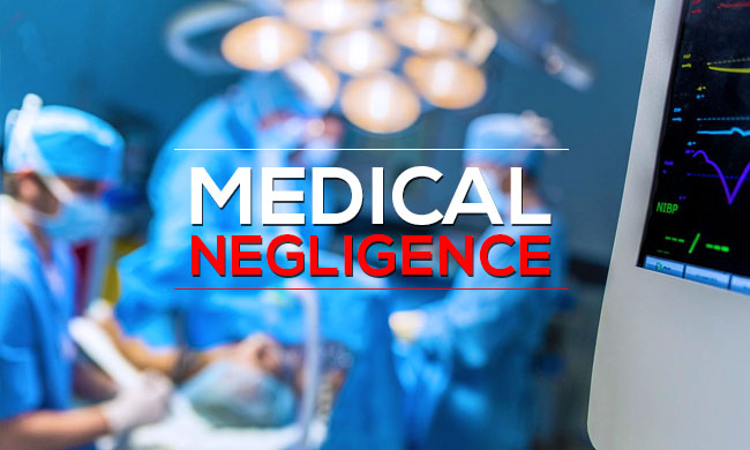Doctors Cannot Be Held Liable For Medical Negligence Merely Because They Could Not Save The Patient : Supreme Court
LIVELAW NEWS NETWORK
20 April 2022 6:26 PM IST

Next Story
20 April 2022 6:26 PM IST
The Supreme Court observed that merely because doctors could not save the patient, he/she cannot be held liable for medical negligence."The doctors are expected to take reasonable care, but no professional can assure that the patient will come back home after overcoming the crisis" the bench comprising Justices Ajay Rastogi and Abhay S. Oka observed.The court added that the liability would only...
